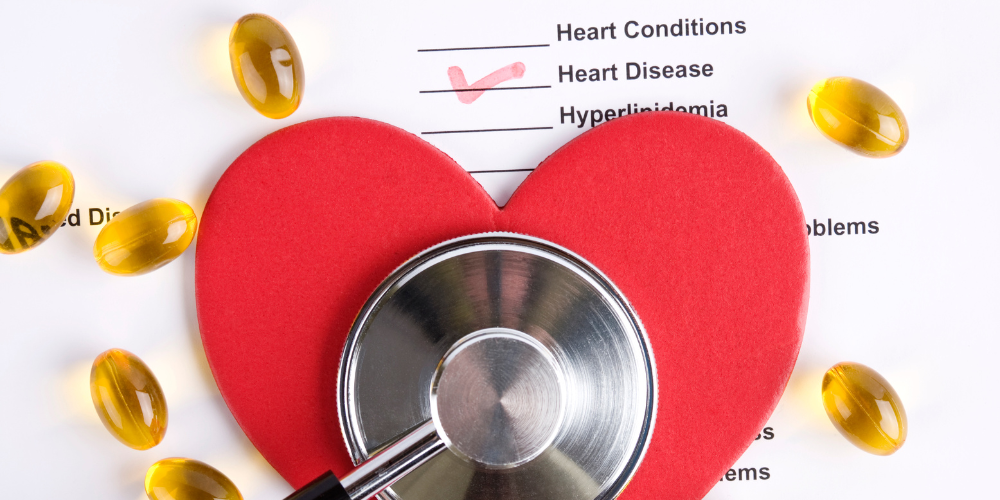
07 Mar Don’t Ignore These 11 Warning Signs of Heart Disease
Heart disease, also known as cardiovascular disease, is a serious condition that affects millions of people worldwide. It is caused by a variety of factors, including genetics, lifestyle choices, and underlying medical conditions. The condition is often referred to as the “silent killer” because it can develop over time without any noticeable symptoms.
If you’re concerned about your heart health, here are 11 signs that you might have heart disease:
1.Chest Pain: One of the most common signs of heart disease is chest pain, which is also known as angina. This pain may feel like pressure, squeezing, or fullness in the chest, and it may radiate to the arms, neck, jaw, shoulder, or back. Chest pain can be a sign of a heart attack, so it’s important to seek medical attention if you experience this symptom.
2. Shortness of Breath: Another common symptom of heart disease is shortness of breath, which may occur during physical activity or at rest. If you have difficulty catching your breath, feel like you can’t take a deep breath, or experience wheezing or coughing, you should talk to your doctor.
3.Fatigue: People with heart disease often experience fatigue or weakness, which may be due to poor circulation or the heart’s inability to pump enough blood to the body’s organs and tissues.
4. Swelling: Heart disease can also cause fluid to build up in the body, leading to swelling in the legs, ankles, feet, or abdomen. This swelling may be accompanied by weight gain or a loss of appetite.
5. Irregular Heartbeat: Heart disease can cause an irregular heartbeat, which may feel like fluttering or a racing heart. This condition is called arrhythmia and can be dangerous if left untreated.
6. Dizziness: Heart disease can also cause dizziness or lightheadedness, which may be due to a drop in blood pressure or poor circulation.
7. Nausea: Some people with heart disease may experience nausea or vomiting, which may be due to poor blood flow to the digestive system.
8. Jaw Pain: In some cases, heart disease can cause pain or discomfort in the jaw, which may be mistaken for a toothache or other dental problem.
9. Cold Sweats: Heart disease can cause cold sweats or clammy skin, which may be due to a drop in blood pressure or poor circulation.
10. Erectile Dysfunction: Men with heart disease may experience erectile dysfunction, which is the inability to achieve or maintain an erection. This may be due to poor blood flow to the penis.
11. Family History: Finally, if you have a family history of heart disease, you may be at a higher risk of developing the condition. Talk to your doctor about your family history and any other risk factors you may have.
If you are experiencing any of these symptoms, it’s important to talk to your doctor. Your doctor can perform tests to diagnose heart disease and recommend treatment options to help manage your condition. Additionally, making lifestyle changes like eating a healthy diet, exercising regularly, quitting smoking, and managing stress can help reduce your risk of developing heart disease.

Pankaj Kasar
Posted at 13:21h, 07 MarchGood Information to all